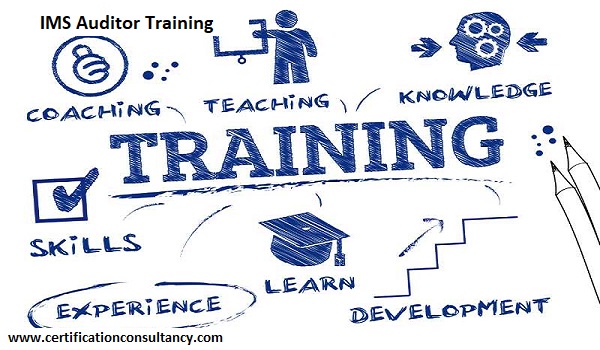In the world of quality management and assurance, Integrated Management Systems (IMS) auditors play a vital role. They are the professionals responsible for evaluating an organization’s processes and systems to ensure compliance with multiple management standards, such as ISO 9001, ISO 14001, and ISO 45001. Becoming an IMS auditor requires comprehensive training, as these roles demand a deep understanding of various standards, strong auditing skills, and the ability to drive improvements within organizations.
The IMS Auditor's Role
Let's first grasp the role of an IMS auditor before moving on to the elements of training. IMS auditors are tasked with conducting in-depth analyses of a company's management systems to make sure they adhere to various standards. They want to assist organizations in improving their entire performance by locating potential improvement areas, evaluating potential hazards, and more.
Training is Essential for IMS Auditors
Having a thorough understanding of the pertinent management standards, such as ISO 9001, ISO 14001, and ISO 45001, is the cornerstone of IMS Auditor training. For auditors to interpret and implement the standards effectively during audits, this expertise is crucial.
- Auditing Skills: IMS auditors must acquire significant auditing abilities. Learning how to organise and carry out audits, compile and assess supporting data, and effectively present findings are all part of this. It is essential to receive training in auditing procedures, techniques, and best practices.
- Risk Management: IMS auditors should be knowledgeable about risk assessment techniques. For organizations to strengthen their management systems and lessen possible dangers, it is essential to understand how to detect, evaluate, and prioritise risks.
- Documentation and Reporting: Good communication is essential to the auditing process. Auditors must receive training in compiling their findings and creating short, actionable audit reports. For organizations looking to improve, these reports are an invaluable resource.
- Regulatory Knowledge: IMS auditors must stay up-to-date with relevant industry regulations and legal requirements. Training should cover the current legal framework within which organizations operate to ensure compliance.
- Soft Skills: In addition to technical skills, IMS auditors should hone their soft skills. These include effective communication, problem-solving, and interpersonal skills. Auditors often need to interact with various stakeholders within an organization during audits.
- Continual Improvements: Auditors should understand the principles of continual improvements and be able to guide organizations in implementing changes that lead to enhanced performance. Training on methodologies like PDCA (Plan-Do-Check-Act) can be beneficial.
- Practical Experience: Beyond theoretical knowledge, practical experience in conducting audits is invaluable. Trainers should have opportunities to participate in mock audits or work alongside experienced auditors to gain real-world experience.
Certification and Ongoing Learning
After completing IMS Auditor training, individuals often pursue certification, such as Certified Lead Auditor for ISO 9001, ISO 14001, and ISO 45001, which can enhance an auditor’s credibility and career prospects. However, learning doesn’t stop with certification. IMS auditors should commit to ongoing education and stay informed about changes in management standards and best practices.
Becoming an IMS Auditor is a journey that requires dedication, a commitment to learning, and the acquisition of a diverse skill set. IMS auditors hold a significant responsibility in ensuring the compliance and continual improvements of management systems within organizations. By mastering the training essentials outlined above, aspiring IMS auditors can embark on a fulfilling career that contributes to quality and efficiency across industries.


No comments yet